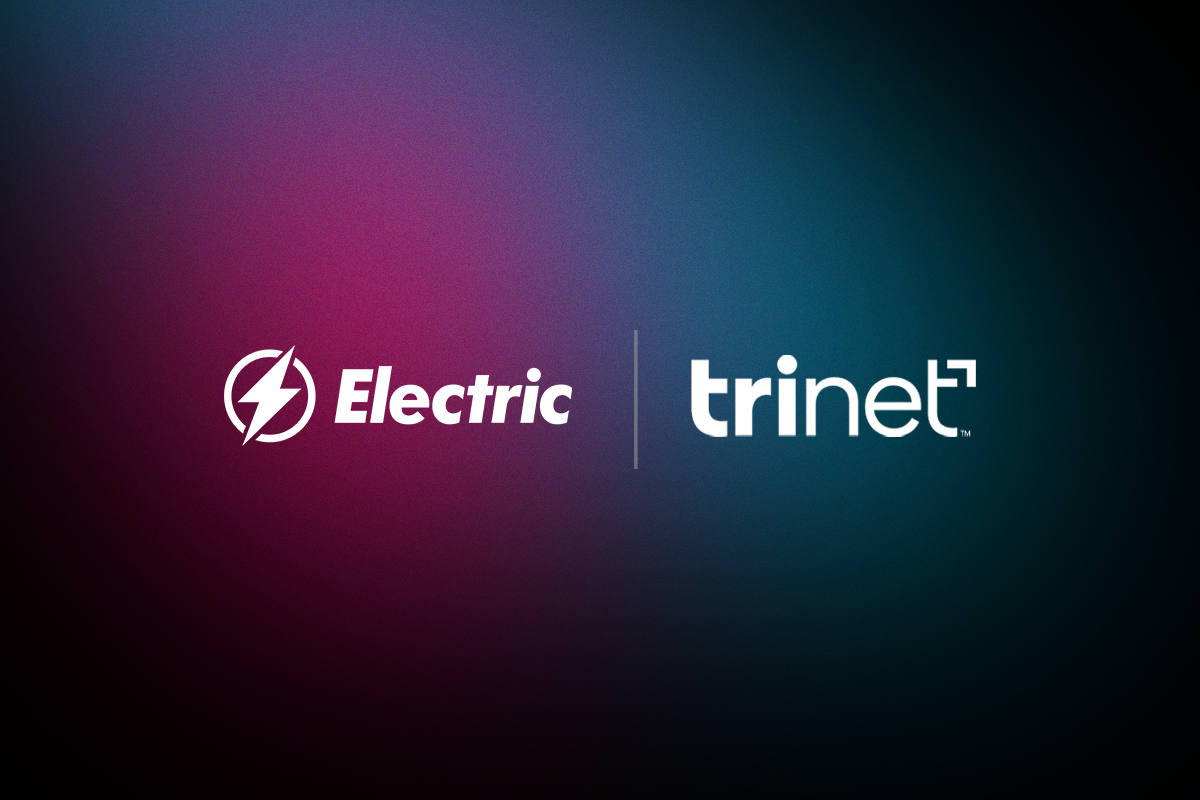
Businesses are constantly on the lookout for new ways to innovate and maintain their competitive position. Companies adopting highly complex technologies are now turning to managed service providers to manage their IT infrastructure and deliver services faster, cost-effectively, and more efficiently.
What Is a Managed Service Provider (MSP)?
A managed service provider (or MSP) is a company offering managed IT services to another company or entity by maintaining and operating their IT infrastructure and end-user systems.
Small and medium-sized businesses that lack in-house IT capabilities to meet their present and future IT demands, often consider partnering with MSPs to benefit from their technical expertise. An MSP’s services can]provide on-site, or you can receive remote IT support from the MSP’s facility, or through the cloud. The services vary based on the MSP and the service agreement.
What Does an MSP Do?
MSPs perform many functions. Some managed service providers offer a full range of services such as:
-
Setting up and maintaining networks and infrastructure.
-
Providing cybersecurity services.
-
Delivering support services such as troubleshooting.
-
Managing wireless and mobile devices.
-
Assisting in communication services such as VOIP.
-
Managing software and cloud configurations.
-
Onboarding/offboarding of employees.
Not every MSP provides all the above services. That’s why it’s crucial that you work with a provider who has the services that match your business needs.
What is a Managed Service Agreement?
A managed service agreement defines the relationship between the MSP and its clients. It stipulates the service model being used. Many MSPs offer customized plans for organizations with specific needs.
In general, a managed service agreement defines the scope of work, identifies what services will be performed, and clarifies expectations. It is designed to give all parties a clear understanding of the relationship. No one likes surprises, especially when they impact operations.
Who Might Choose a Managed Service Provider?
Managed service providers can operate as the sole IT department of your business, or they can complement your in-house staff.
The following are signs you are a good candidate for MSP partnership:
-
If you plan to move your data to the cloud in the near future.
-
If your in-house IT team needs extra time to focus on crucial and big picture projects such as business development, employee productivity, and strategic efforts.
-
Your business is expanding exponentially and now needs a full in-house IT team for security engineering, troubleshooting, and software development.
-
If you are considering setting up a disaster contingency plan for your data.
-
If you are looking for ways to reduce your IT costs by adopting a fixed monthly fee for all of your IT needs.
-
If you strongly believe your employees could benefit from flexible and more collaborative IT and communication systems that enable skills transfer.
-
If you have remote-based workers or if you plan to have remote-based workers in the near future.
-
Your business works with sensitive data.
If you see yourself in any of the above-listed scenarios, there is a high chance your business needs the outsourced IT support offered by a managed service provider.
What Are the Types of Managed Service Providers?
Most MSPs offer a range of IT managed services tailored to your business needs and requirements.
Here are the main types of managed services:
Managed Networks & Infrastructure
With this type of service, an MSP takes over the running and management of the entire network. This service covers everything, including hosting and storage services, establishing LAN, WAPs, and myriads of connections for your business. The managed service provider will also manage backup services.
Managed Security
This is an integrated service for remote security infrastructure. This managed service offers a broad range of solutions including patch management, malware protection, and other crucial security updates.
Managed Support Services
This service covers everything related to IT support. Managed support enables your staff to contact a remote help center when faced with issues or problems with a specific system, program, protocol, or prompt. The remote help center provides guidance, advice, and solutions to fix a given problem and reduce your downtime substantially.
Managed Cloud Infrastructure
Managed cloud infrastructure services cover all things pertaining to cloud infrastructure management including computing, storage, network, and IT. Some providers also provide virtualization services for operating systems, software, and applications.
Managed Software as a Service (SaaS)
Managed Software as a Service (SaaS) provides subscription-based software programs that offer unlimited access for the duration of an SLA. Some examples of these services include Office 365, universal communication software, and antivirus software. Under this service, your MSP ensures all updates, upgrades, and patches are installed remotely to guarantee your services are running at an optimal level. This also allows your staff to focus solely on crucial business needs.
Managed Wireless & Mobile Computing
This service is ideal for SMEs that don’t have the capacity to set up their own wireless connections. It equips your organization with integrated mobile software services that allow your entire team the ability to connect to the network from any location. This ensures complete synchronicity and ease of transfer of information, which allows a more remote and flexible workforce.
Managed Communication Services
Managed Communication Services covers a range of communication infrastructure, including data, video, VoIP (voice over internet protocol), and messaging software. It may also include a managed contact center complete with the conventional call center features, including integrated email, phone, web, fax, and instant messaging used to contact customers.
Managed Data Analytics
An MSP offering managed data analytics, provides monitoring services for data management and use. The services also cover business intelligence to target areas, thus enabling robust business decisions and increased performance.
Benefits of a Managed Service Provider
The ideal managed service provider offers several benefits to organizations and businesses of various sizes.
The following are a few advantages that you will enjoy once you partner with a qualified and reliable MSP:
1. Reduced Costs
One of the most significant benefits of a partnership with a managed service provider is their exceptional cost-effectiveness. An ideal MSP can help you reduce operational costs, conserve capital budget and enjoy lower IT operating expenses. Most MSPs operate on a tailor-made subscription model to meet a client’s specific needs and budgets.
2. Focus on Core Objectives
As your business expands, your IT needs will keep growing. With the increased workload, your IT team will ultimately struggle under an increased workload. This eventually leads to fatigue, lower morale, and reduced productivity. Partnering with an MSP helps free your employees to focus on their core duties.
3. Needed Expertise
With the adoption of newer technologies, newer IT problems arise that your in-house team may not be well experienced at solving. If your systems are in the cloud, you will need massive resources to support your business solutions. This may not be possible if you are running a one-person IT department. A key benefit of managed service models is that they allow you to recruit a fully-fledged team of IT professionals at a flat monthly rate. Some MSPs offer a shared approach to managed services that enables you to add or remove IT specialists from your team as need be.
4. Scalability
As your business grows, your technological needs evolve over time. Ultimately, you will need to scale your IT system up or down to accommodate these needs. MSPs can respond to changes in your IT demands in real-time to ensure you never experience system downtime. The ideal MSP should provide advanced solutions, including upgraded service release management and proactive monitoring for better scalability.
5. Real-time Support
With an MSP, you can be assured of receiving real-time support whenever you need it. Most MSPs provide 24/7 flexibility, weekend support, and on-call options. However, when you are looking for a global company to partner with, ensure you go for an option that can support multiple time zones and offers round-the-clock support.
Considerations for Selecting a Managed Service Provider
Now that you know what a managed service provider is, it’s time to choose the right one for your business. Choosing an MSP takes more effort and forethought than most people think. You must first clearly define your goals before settling on any provider.
As you start your search for a reliable and trustworthy managed service provider, consider the following factors:
1. Services Offered
Each MSP has a range of different service offerings. Some provide complete services that take care of all your IT and cloud needs. Others offer partial services to help with certain aspects of your tech operations. Depending on your needs, go for a managed service provider that can comprehensively address your unique needs.
2. Security
Although cloud and other IT services provide exceptional security solutions, it is crucial to work with an MSP who values security and operates in protected environments to ensure the safety of your data. Get to know their security procedures and how they handle customer data before you sign any contract.
3. Expertise
The right MSP should boast vast experience and expertise in offering reliable IT solutions that address all your IT needs satisfactorily and handle any emerging issues. Such an expert can handle your systems and offer creative solutions when managing your platforms.
4. Customer Service
You should also look for excellent customer service in your MSP. This should cover every stage of their operations, from the sales team to your account manager. An MSP is typically an essential part of your tech team, and you need to ensure you are working with a helpful and service-minded provider.
5. Customization
With the cloud, your MSP can customize its functions and systems to meet your exact business needs. Choose an MSP that is willing to customize its services and solutions to enable you to optimize your technology for better business outcomes.
6. Onboarding
Determine the timeline and cost related to bringing a prospective MSP on board. Each MSP typically has its style and process, and you should ensure their onboarding process fits your needs and budgets.
7. Cost
You should also consider the services that your business is receiving in return for what you’re spending. Go through the contract carefully and understand exactly the services you should expect before you commit.
Get Professional Help from Electric
To stay competitive, reduce costs and accommodate the ever-changing technical needs of your organizations, you need to consider the solutions that MSPs offer seriously. However, integrating an MSP into your business is a big decision with massive business consequences. Choosing the wrong provider ultimately results in an unfit system for your business needs. If you are asking yourself “what is an MSP?”, look no further, because Electric is a reliable and trustworthy MSP that services hundreds of companies across the country.
Electric blends state-of-the-art tech with our squadron of 100+ certified industry experts to deliver smarter solutions quicker. By matching industry insights with customer trends, we have developed a robust IT solution. Contact us today to learn more.



